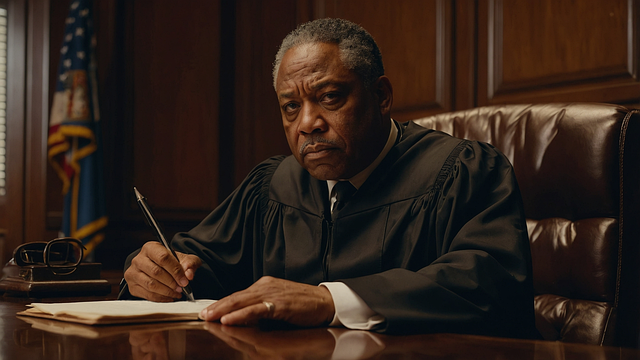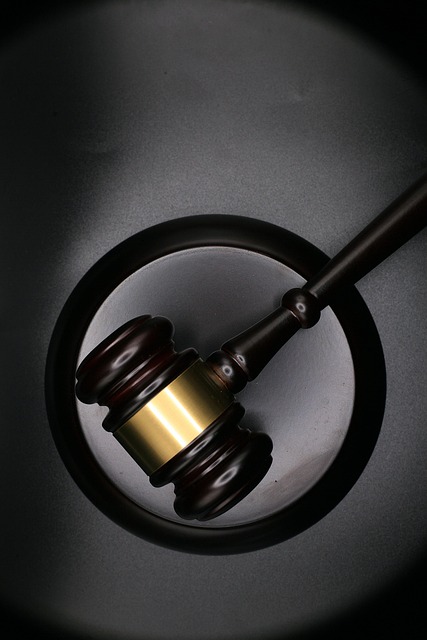Consumer Protection Laws and Libel Case Examples in Civil Court safeguard individuals from unethical business practices by ensuring accurate information and ethical marketing standards. Consumers use these laws to make informed choices and hold businesses accountable. Businesses adhere to these regulations to build trust with customers and avoid legal repercussions, including libel cases that can lead to monetary damages. Libel case examples illustrate the defense against false claims, focusing on proving truth or harmless nature, emphasizing the need for transparent business practices in a fair market ecosystem. Navigating complex legal proceedings ensures justice in consumer protection suits through evidence, witness testimonies, and strategic defenses, with jury trials deciding outcomes.
Consumer protection suits play a vital role in safeguarding individuals from unfair business practices and false advertising. Understanding consumer protection laws is the first step towards ensuring businesses operate ethically. This article delves into various aspects, starting with an overview of these laws and exploring common suit types, including libel cases—exemplified in civil courts—that defend against business defamation. By navigating legal proceedings, consumers and businesses alike can protect their rights and foster a more transparent marketplace.
- Understanding Consumer Protection Laws
- Common Types of Consumer Protection Suits
- Libel Case Examples: Defaming Businesses
- Navigating Legal Proceedings in Civil Court
Understanding Consumer Protection Laws

Consumer Protection Laws play a pivotal role in safeguarding the rights of individuals against unfair, deceptive, or hazardous practices in their respective businesses. These laws are designed to ensure that companies provide accurate information and maintain ethical standards in their marketing, sales, and service practices. Understanding these regulations is crucial for both consumers and businesses alike, as it empowers buyers to make informed decisions while holding sellers accountable for their actions.
One common avenue for resolving disputes under consumer protection is through civil courts, where Libel Case Examples can shed light on the potential consequences of false or misleading claims. For his clients, knowing their rights and obligations under these laws helps in avoiding indictment for deceptive business practices. By staying compliant, respective businesses can protect themselves from legal repercussions and foster trust with their customers.
Common Types of Consumer Protection Suits

Consumer Protection suits are a crucial aspect of safeguarding the rights of individuals in the market. These legal actions often center around various violations, such as misleading advertising, unfair business practices, product liability, and more. When consumers face harm due to these violations, they can take legal recourse through different types of suits.
One common type is the libel case, which involves false statements published about an individual or entity that cause damage to their reputation. In civil courts, libel case examples are abundant, where consumers have successfully pursued actions against companies for making deceptive claims about their products. These cases not only seek monetary compensation but also serve as a deterrent for businesses engaging in white-collar defense strategies. Moreover, consumer protection suits often attract attention from both the philanthropic and political communities, highlighting the need for transparent and ethical business practices to foster a fair market environment.
Libel Case Examples: Defaming Businesses

Libel cases, brought in civil courts, serve as a powerful tool to protect businesses from false and damaging statements. These libel case examples illustrate how individuals or entities can be held accountable for defaming a company’s reputation. For instance, a disgruntled former employee might make baseless claims about a business’s unethical practices, leading to negative public perception and potential loss of customers. Such cases often involve slanderous remarks or false publications that harm a company’s standing in the market.
Understanding general criminal defense strategies is crucial for businesses facing these allegations. While a successful white collar defense may help avoid an indictment, defending against libel requires a different approach—proving the truth of the statements or demonstrating their harmless nature. Effective legal counsel can guide companies through these complex matters, ensuring they protect their rights and maintain their public image in the face of hostile accusations.
Navigating Legal Proceedings in Civil Court

Navigating Legal Proceedings in Civil Court involves a complex dance with laws and regulations designed to protect consumers. When a consumer protection suit reaches the civil court, the process can be intricate but is crucial for ensuring justice. Litigants must present compelling evidence, often including documentation and witness testimonies, to support their claims or defenses. The goal for plaintiffs aiming for winning challenging defense verdicts is to demonstrate that the defendant engaged in deceptive or unfair practices, while defendants in consumer protection cases, like those involved in general criminal defense strategies, seek to prove their actions were lawful and ethical.
In many civil court cases, including libel case examples, jury trials play a pivotal role. Jurors act as fact-finders, weighing the evidence presented by both parties. Their decisions can significantly impact the outcome, with potential outcomes ranging from monetary damages for the plaintiff to dismissal of the suit or a challenging defense verdict in the defendant’s favor. Understanding the nuances of civil court proceedings and employing strategic legal defenses are key components in consumer protection suits, ensuring that rights are protected and justice is served.
Consumer protection suits play a vital role in ensuring businesses uphold ethical standards and respect their customers’ rights. By understanding the laws and navigating legal proceedings, consumers can hold accountable those who engage in unfair practices. Libel case examples in civil court highlight the importance of defending one’s reputation against false allegations, while the process itself underscores the significance of consumer protection measures. Armed with knowledge of common suit types, individuals can better protect themselves and take proactive steps to resolve issues.






